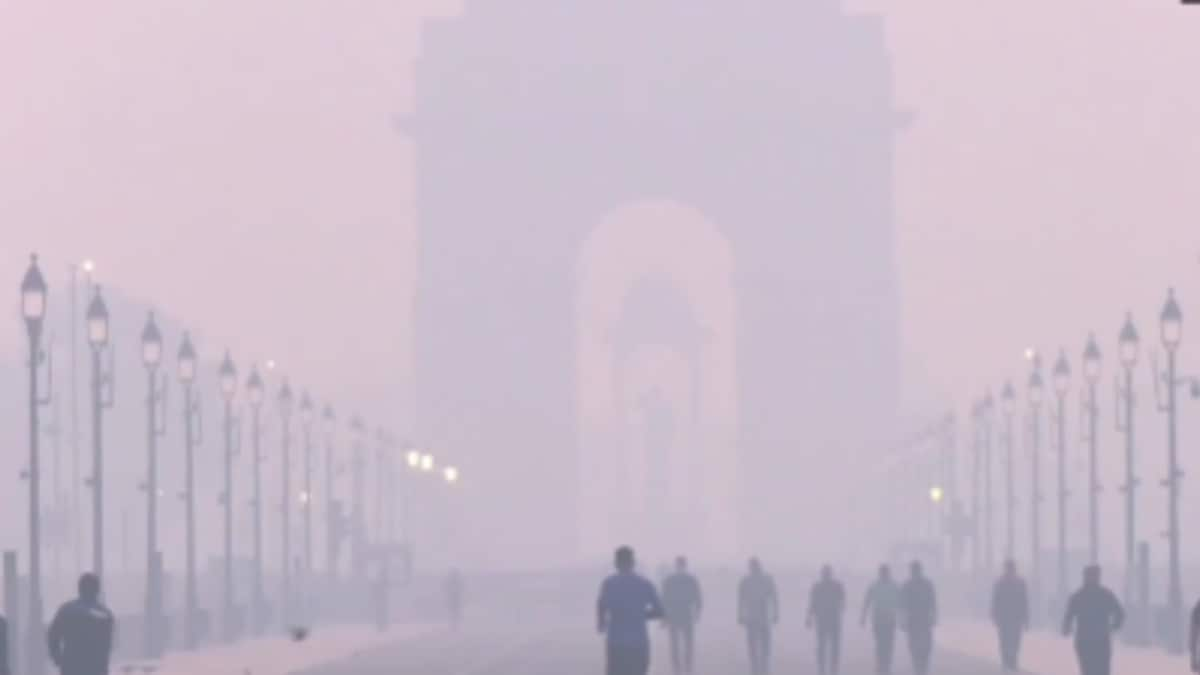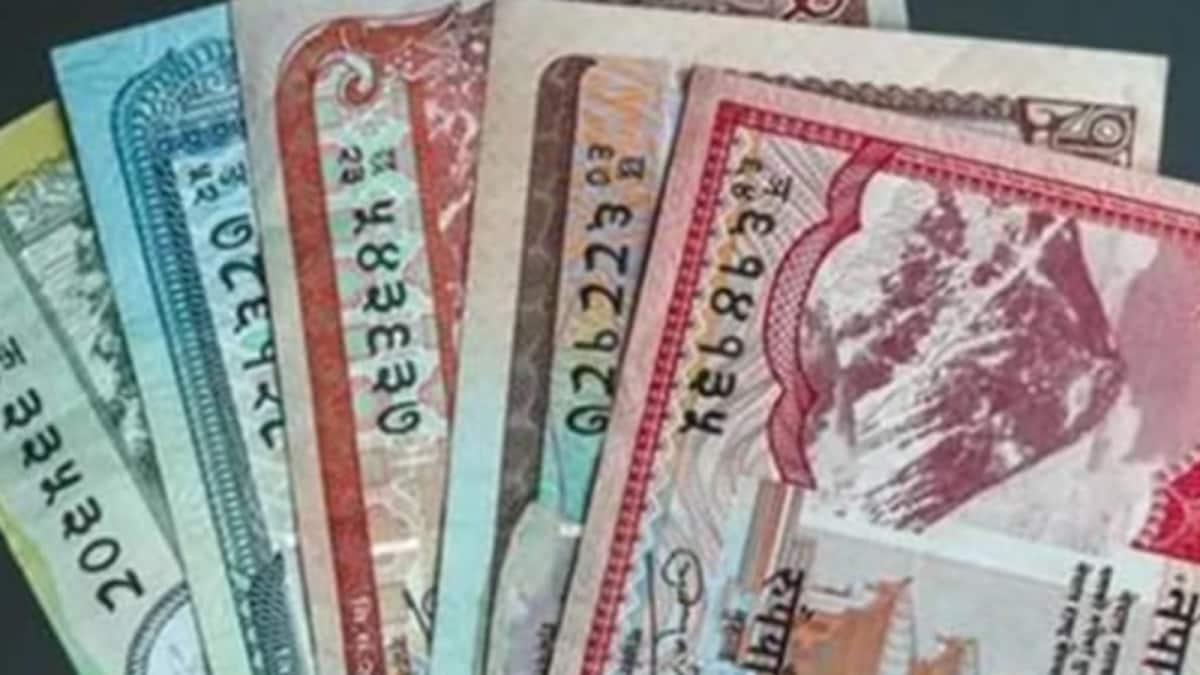ARTICLE AD BOX
Last Updated:November 18, 2025, 06:30 IST
This comes a month after the deaths of several children in Madhya Pradesh, linked to contaminated cough syrups found to contain higher than permissible levels of diethylene glycol

At present, cough syrups fall under Schedule K – a category meant for everyday, low-risk medical products that can be sold even in villages without requiring a full drug-sale licence. (Image for representation: X)
After multiple child deaths linked to contaminated cough syrups in recent months, the Centre is considering a major regulatory change: cough syrups may no longer be sold freely over the counter and could soon require a doctor’s prescription.
According to a proposal before the Drugs Consultative Committee (DCC), which was accessed by News18, syrups meant for treating cough should be removed from the list that allows sale of medicinal products without a licence.
The agenda document asked the panel to deliberate on the matter considering the “recent incidences due to contaminated cough syrup", hinting at cases where children suffered poisoning and acute kidney injury after consuming contaminated products.
At present, cough syrups fall under Schedule K – a category meant for everyday, low-risk medical products that can be sold even in villages without requiring a full drug-sale licence. The list includes items such as syrups, lozenges, pills and tablets for cough apart from liniments, bandages, absorbent cotton, adhesive plasters, tincture of iodine and benzoin and other first-aid products. These products are exempt on the condition that they are sold “in the original retail pack of a manufacturer licensed under the Act".
“In view of the recent incidences due to contaminated cough syrup, it is proposed that the exemption provided for the sale of syrups for cough may be deleted," said the agenda document.
“DCC may kindly deliberate the issue and give recommendation in the matter," it said.
The document only mentioned deliberations on “syrups" and not on another cough-related remedial product such as lozenges or pills.
Schedule K products are chosen because they are considered safe for routine use, unlikely to cause harm, and essential for communities where no licensed pharmacy is available.
Other products part of schedule K are aspirin and paracetamol tablets, analgesic balms, antacid preparations, gripe water for use of infants and inhalers containing drugs for treatment of cold and nasal congestion among others.
The latest move comes a month after the deaths of several children in Madhya Pradesh that were linked to contaminated cough syrups found to contain higher than permissible levels of diethylene glycol. Following the incident, the World Health Organization (WHO) issued a medical alert warning that the untracked distribution of such syrups through informal or localised channels could pose a risk to health.
These incidents have resulted in deaths, triggered recalls, and led states to issue advisories restricting the use of cough syrups in young children. The recurrence of contamination has reinforced concerns about gaps in oversight for liquid formulations.
Himani Chandna, Senior Associate Editor at CNN News18, specialises in healthcare and pharmaceuticals. With firsthand insights into India's COVID-19 battle, she brings a seasoned perspective. She is particular...Read More
Himani Chandna, Senior Associate Editor at CNN News18, specialises in healthcare and pharmaceuticals. With firsthand insights into India's COVID-19 battle, she brings a seasoned perspective. She is particular...
Read More
First Published:
November 18, 2025, 06:30 IST
News india Cough Syrups To Be Made Prescription-Only After Series Of Contamination Deaths
Disclaimer: Comments reflect users’ views, not News18’s. Please keep discussions respectful and constructive. Abusive, defamatory, or illegal comments will be removed. News18 may disable any comment at its discretion. By posting, you agree to our Terms of Use and Privacy Policy.
Read More

 2 hours ago
7
2 hours ago
7










 English (US) ·
English (US) ·